Our travel blog has been pretty quiet lately. I thought I would add some bird photos I have taken over the last year.For me, the restriction of the global pandemic led to a renewed interest in bird watching and bird photography.
Kuwait can be a challenging place to live for people who are especially outdoor oriented. We definitely struggled to beat the heat, dust, and pollution when trying to enjoy the outdoors in a tiny country with limited things to do outside and no real option of crossing the land borders. It turns out however, that Kuwait has some great bird biodiversity and seeking out Kuwait's birds provided a fresh perspective and appreciation of what the country has to offer.
Kuwait has some resident birds that can be found year around. Others like these European Bee-eaters show up on their migration between Africa and Eurasia.
Coastal areas often have an abundance of shorebirds. The Greater Flamingo is an especially appealing photography subject.
 |
| Eurasian Curlew |
 |
| Little Stints |
 |
| Wood Sandpiper |
 |
| Juvenile Lesser Crested Terns |
Black-winged Stilt
 |
| Common Moorhen |
 |
Curlew Sandpiper
Terek Sandpiper
Whimbrel
Western Great Egret
Gray Herons fight over a mudskipper in Sulaibikhat bay
Black-crowned Night Heron
Squacco Heron
Cattle Egret
Western Reef Heron (dark morph)
 Western Reef Heron (light morph) Western Reef Heron (light morph)
Little Egret
Little Grebe
Common Ringed Plover
Crab Plover snacking on a crab
Another Sandpiper
White-throated Kingfisher
Much of Kuwait is fairly barren. Most good birding locations required areas of expansive vegetation and proximity to water. White-eared Bulbuls however were an attractive bird that could be found all over Kuwait City.
Similarly, a variety of pigeon species like the rock dove, Laughing Dove and Eurasian Collared-dove could always be found close to home and are decent photo subjects in the right light.
Western Yellow Wagtail (black-headed)
Gray Wagtail
White Wagtail
House Sparrow at a Jahra farm
Spanish Sparrow
Eastern Black-eared Wheatear
Northern Wheatear
Desert Wheatear
Red-tailed Wheatear
Severed ties on the ankles seem to indicate an escape of the falconry trade.
Masked Shrike
Red-backed Shrike
Woodchat Shrike
Red-tailed Shrike
Southern Gray Shrike
Lesser Gray Shrike |
 |
Spotted Flycatcher on the left and
White-throated Robin to the right. |
 |
Blue-cheeked Bee-eater and a
Scops Owl. |

European Roller
Stonechat
 |
| Crested Lark |
Graceful Prinia
Common Black-headed Gull
Eurasian Golden Oriole
More Bulbuls







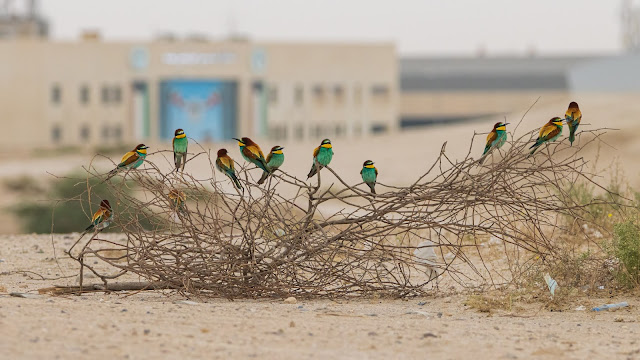



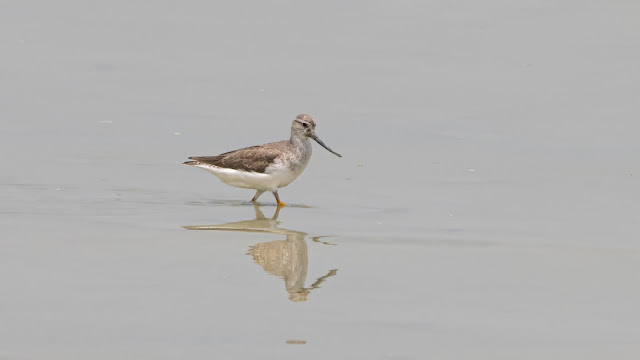
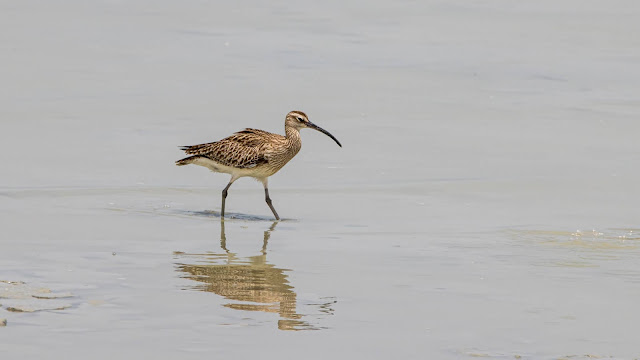








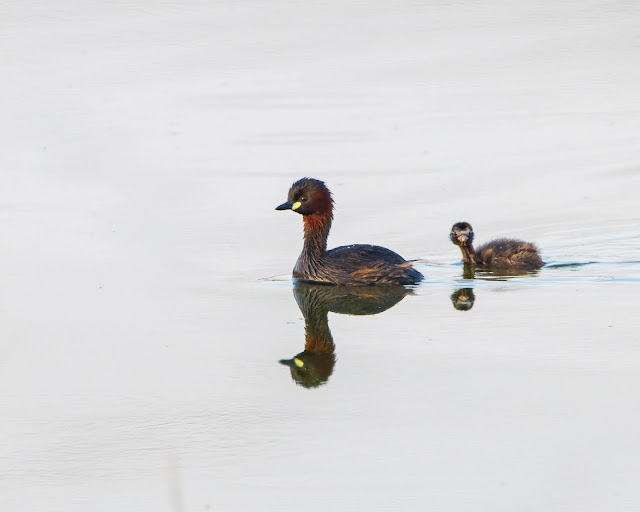


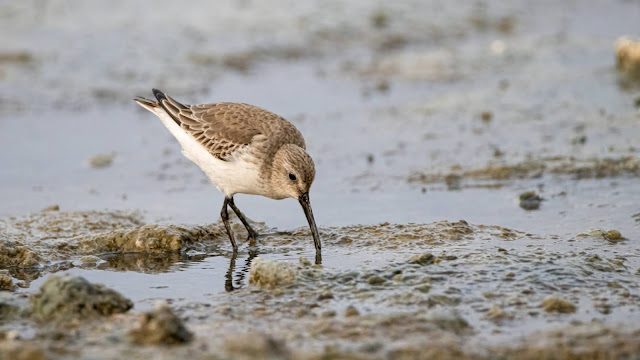


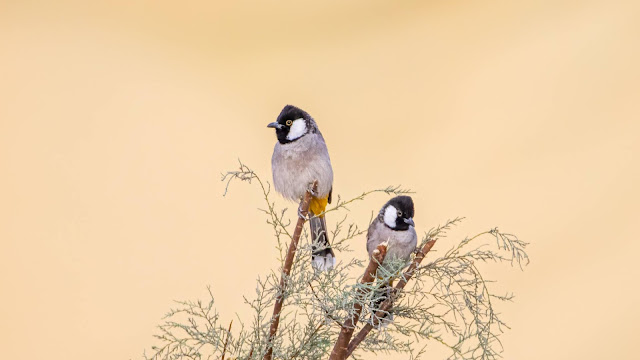


















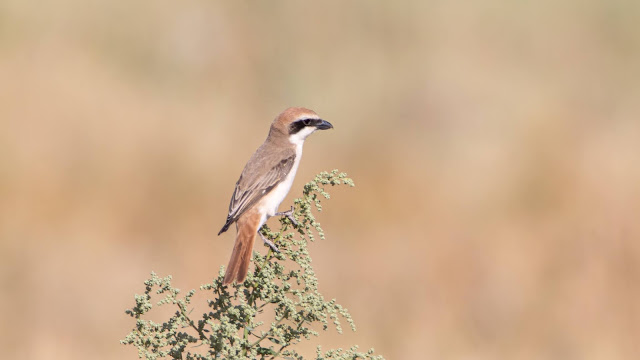


















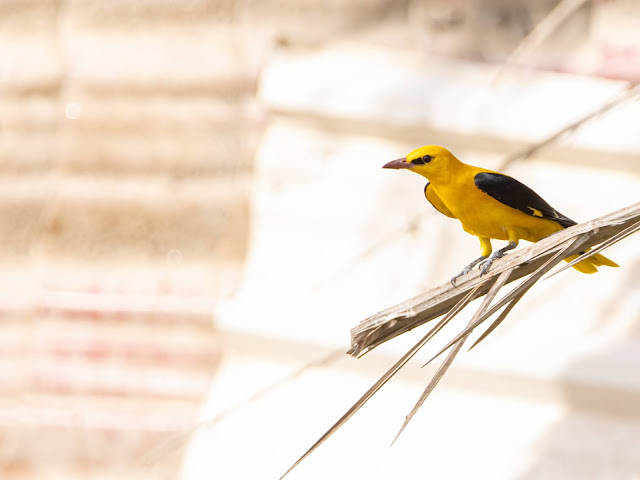

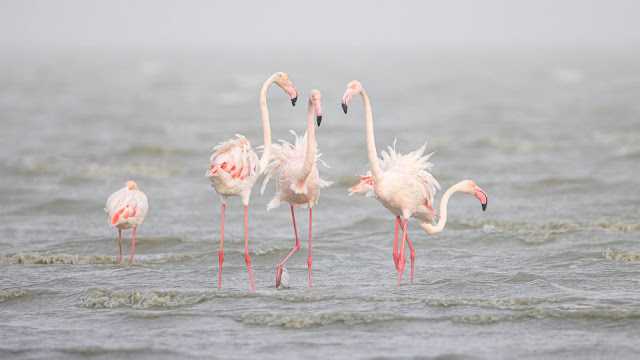
No comments:
Post a Comment